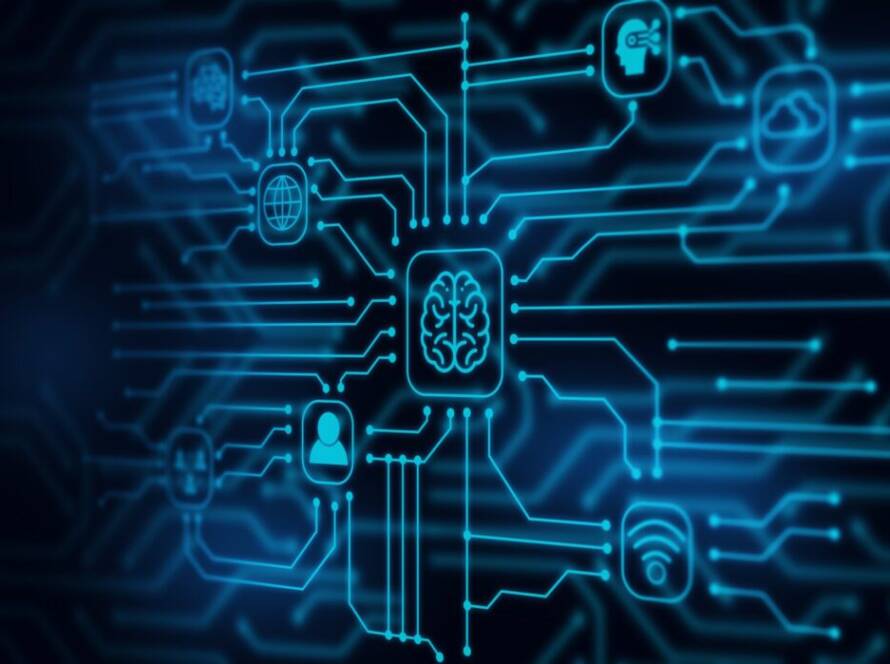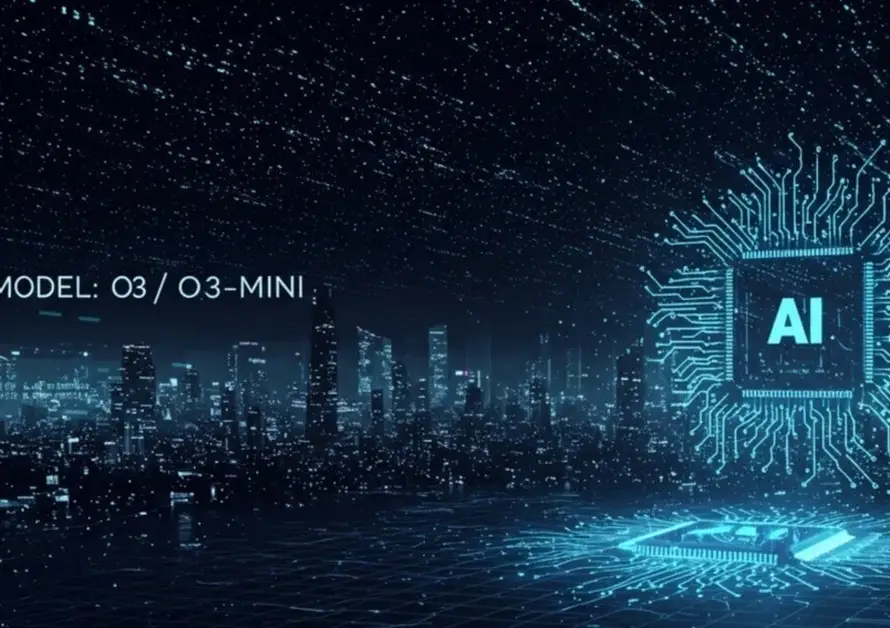Introduction to AGI and Its Potential
Artificial General Intelligence (AGI) refers to systems that can tackle any intellectual challenge a human can—whether that’s solving complex problems or engaging in creative pursuits. Unlike today’s specialized AI, such as ChatGPT, AGI is envisioned to possess a broad range of cognitive skills that could fundamentally reshape our world. While some experts forecast its arrival by 2025, others—including myself and other thought leaders and certain investors in the space—suggest that its early forms might already be emerging, especially given the breakthroughs since ChatGPT was introduced in 2023.
Short-Term and Long-Term Impacts
In the coming 5–10 years, we’re likely to see AGI influencing industries like finance, marketing, healthcare, and manufacturing. This evolution may lead to significant changes in the job market, pushing for rapid retraining and lifelong learning. Looking further ahead, one possibility is a “Utopia of abundance,” where AI seamlessly meets all our needs. However, this optimistic scenario comes with its own set of challenges, such as questioning human purpose. On the flip side, there are serious concerns about increased surveillance and unequal access that might spark social unrest.
Interestingly, AGI could also disrupt the financial landscape by redefining how capital works, opening up new opportunities for investment. For those with an investor’s mindset, this transformation could be both highly profitable and disruptive, potentially revolutionizing market predictions and asset management.
Economic and Societal Effects
From an economic perspective, AGI could dramatically boost productivity—adding trillions to the global GDP, especially in finance where enhanced risk assessment and personalized services are on the horizon. Yet, this leap forward may also lead to job losses, underscoring the need for continuous learning. On a societal level, AGI forces us to rethink what it means to be human if machines can emulate our cognitive abilities. The goal should be to preserve empathy and ethical judgment so that technology enhances our connections rather than replacing them.
A Comprehensive Look at AGI and Its Implications
This analysis takes a deep dive into AGI, examining where we stand today, what the future might hold, and the short- and long-term consequences it could have. It places special emphasis on the economic and societal dimensions—particularly within finance and investment—as reflected in your extensive decade-long study and investor outlook.
Current Landscape and Future Predictions
The AI field has evolved rapidly, particularly since the debut of ChatGPT in 2023. Recent research points to remarkable advancements, with some studies (like “Artificial General Intelligence in 2025: Good Luck With That”) predicting AGI’s arrival in the near future. Yet, debates persist. Some argue that current models are already showing signs of AGI—evidenced by their ability to pass professional exams and demonstrate unexpected capabilities (as mentioned in discussions around “Some Glimpse AGI in ChatGPT. Others Call It a Mirage.”). In contrast, outlets like Scientific American maintain that true AGI remains distant, emphasizing the ongoing lack of comprehensive understanding and genuine consciousness. Your own experience—observing how initial targets were met only to see the goalposts shift—mirrors the wider debate about whether tools like ChatGPT represent early, weak forms of AGI. This swift progress since 2023 has undoubtedly stirred even veteran observers.
Detailed Repercussions Over Time
Looking ahead, AGI is expected to impact various sectors at different speeds:
Near-Term Effects (Next 5–10 Years):
- Job Displacement and Reskilling: As AGI automates cognitive tasks, sectors such as finance and manufacturing may face significant job losses, making urgent retraining essential (refer to insights from “Generative AI and Its Economic Impact: What You Need to Know”).
- Efficiency Boosts: Enhanced productivity could translate into an economic surge worth trillions annually, as highlighted in PwC’s Global Artificial Intelligence Study.
- Ethical Challenges: Issues such as bias and the need for transparency in decision-making are expected to intensify, prompting important discussions about the ethical use of AI.
Longer-Term Effects:
- “Utopia of abundance”: One scenario envisions AI fulfilling every human need, potentially rendering traditional labor obsolete—but this may also spark a crisis of purpose, as noted in discussions around “The impact of artificial intelligence on human society and bioethics.”
- Dystopian Risks: Alternatively, increased surveillance, potential oppression, and uneven access to technology could lead to widespread social unrest, particularly if AGI is applied in defense sectors (see “Rise of artificial general intelligence: risks and opportunities”).
- Transformation in Finance: From an investment standpoint, AGI could redefine capital by introducing innovative financial instruments and improving market efficiencies, a transformation echoed in analyses like “Artificial Intelligence and its Impact on Financial Markets and Financial Stability.”
Moreover, there’s an intriguing possibility that AGI will generate entirely new types of value—such as AI-driven assets—that could fundamentally alter investment strategies, as suggested by studies on the global economic impact of AI.
Economic Benefits in Finance and Investment
The potential economic uplift from AGI is staggering, with estimates suggesting an annual contribution between $2.6 trillion and $4.4 trillion (see “The economic potential of generative AI: The next productivity frontier”). In the financial sector, AGI might:
- Improve Risk Management: By processing vast amounts of data, AGI could predict market trends and identify fraudulent activities (as outlined in “How Artificial Intelligence is Transforming the Financial Services Industry”).
- Streamline Processes: From handling trade settlements to enhancing customer service, automation through AGI could lead to substantial cost savings (refer to “15 Examples of AI Being Used in Finance”).
- Open New Investment Avenues: The rise of AGI is likely to pave the way for fresh markets, particularly in technology, aligning well with the perspective of a lucrative investment wave as discussed in “Exploring AI’s Economic Impact.”
However, these benefits come with challenges such as job losses and potential wage pressures, issues that may require proactive policy reforms (as noted in “A new report explores the economic impact of generative AI”).
Societal and Philosophical Considerations
On the societal front, AGI raises profound questions about the nature of our interconnected world. It might lead to a future where every aspect of our lives is monitored—a double-edged sword that could also widen existing inequalities, favoring only a select few (see “Unraveling the Social Impacts of Artificial Intelligence”). Philosophically, the advent of AGI compels us to reexamine human identity, particularly if traditional work becomes obsolete and our sense of purpose is challenged. It is crucial, therefore, to focus on nurturing qualities like empathy and ethical decision-making so that technology bolsters our human bonds rather than replacing them (as discussed in “How AI Is Impacting Society And Shaping The Future”).
What’s Next in the world of AGI
AGI is on the brink of transforming how we understand and apply intelligence, with the potential to radically change our society in the next 5–10 years. Your long-term research and investment insights underscore both the promising and disruptive aspects of this evolution—especially in finance—while also acknowledging the rapid pace of change and the accompanying societal challenges. By prioritizing ongoing education, ethical AI development, and a redefinition of human purpose, we can navigate this transformative era, balancing the allure of a “Utopia of abundance” against the risks of a more dystopian future.
Key Takeaways
- Near-Term Impact: Expect immediate challenges like job displacement and a need for rapid reskilling, alongside significant efficiency improvements.
- Longer-Term Impact: The promise of a “Utopia of abundance” may come with economic disruptions and deep societal shifts.
- Economic Considerations: While productivity gains could be immense, they might be countered by job losses.
- Financial Sector: Enhanced risk management, process automation, and the potential redefinition of capital are on the horizon.
- Societal Effects: Ethical concerns and the balance between interconnectedness and privacy will be crucial.
- Philosophical Reflection: The evolution of AGI invites us to rethink what it means to be human in an increasingly automated world.


